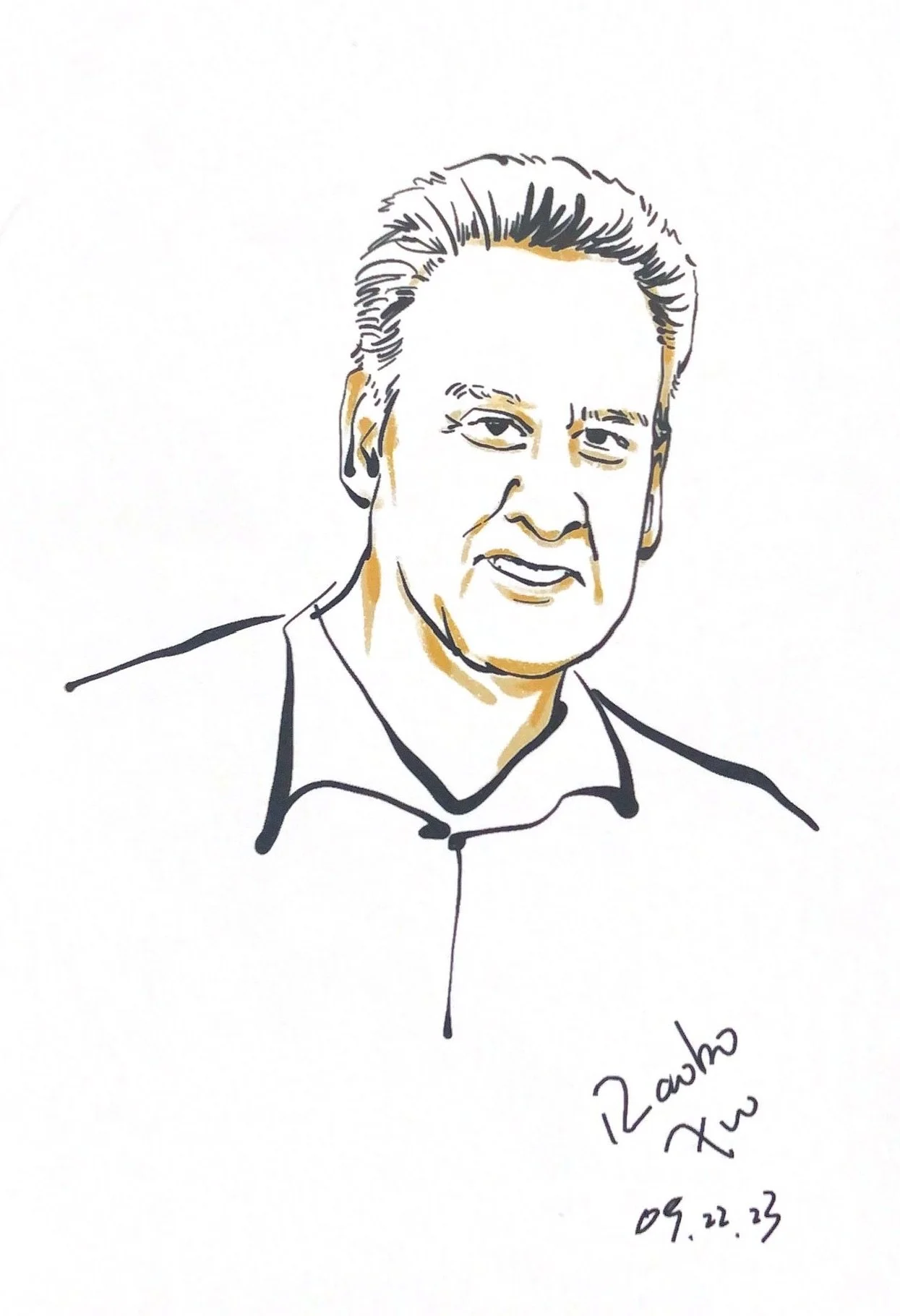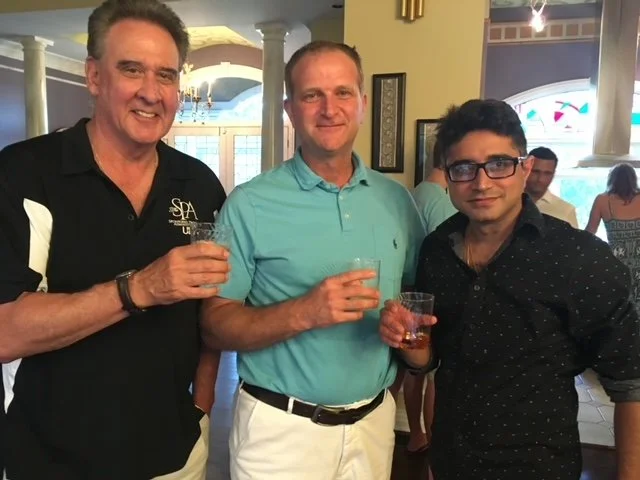As a Professor of Chemistry, I have extensive experience conducting research in inorganic chemistry, collaborative research and mentoring both undergraduate and graduate students, as well administrative leadership roles. I was the Associate Dean for Research in the College of Arts and Sciences for 15 years. The Buchanan research lab is highly collaborative with research interests in the synthesis and characterization of small molecule metal complexes as catalysts, active site mimics of metalloproteins, energy research, materials research and biomedical applications.
In collaboration with Professor Craig Grapperhaus in the Chemistry Department at the University of Louisville (UofL) (see his web site at https://craiggrapperhaus.wixsite.com/reserachgroup), we have been developing a series of thiosemicarbazone metal complexes as electrocatalysts for the hydrogen evolution reaction (HER) and carbon dioxide reduction reaction. The ligands are redox non-innocent and together with different metals catalyze ligand-centered (Zn), ligand-assisted metal-centered (Ni) and metal-assisted ligand-centered (Cu) HER. We have utilized metal-ligand cooperativity of Zn and Cu complexes to catalyze the reduction of CO2. Recently, we have exploited ligand-centered redox activity of Cu complexes for selective anti-proliferation of solid tumor cancer cells in collaboration with Profs. Paula Bates (louisville.edu/medicine/research/cancer/pjbate01) and Levi Beverly in the School of Medicine (https://totolresearch.com) at UofL. We are evaluating the efficacy and mode of action of our complexes against advanced non-small cell lung cancer (NSCLC) and other cancer cell lines.
Portrait by my student, Raobo Xu
Other Collaborations: In addition to the collaboration with Profs. Grapperhaus, Bates and Beverly, I have been collaborating with Prof. Gautam Gupta (UofL Chemical Engineering, www.guptaresearchlab.info) on the characterization and benchmarking of new HER catalysts (NSF award CHE-1800245). We are exploring the role of surface defects in corrosion of metals, and have jointly mentored several undergraduate and graduate students since 2018 and have coauthored research papers.
Mentoring: During my career at UofL I have mentored undergraduate and graduate students as a research advisor, and as an administrator. Since 2000, I have mentored 22 undergraduates (8 female, 3 underrepresented minority (URM)). Three undergraduate (1 female) students are co-authors are on peer reviewed publications. Some of those students have gone on to professional school (dental) or industry. At the graduate level, I have been primary advisor for 10 Ph.D. dissertations (1 female), 5 M.S. theses (2 female), and co-mentored 6 Ph.D. dissertations (2 female) and 1 M.S. thesis (female) with Prof. Grapperhaus. I am currently co-mentoring 6 Ph.D. students (3 female) with Prof. Grapperhaus. I have also mentored three (1 female) and co-mentored three (1 female) postdoctoral fellows. Students under my direction receive rigorous training in organic and inorganic synthesis, data acquisition and interpretation, methodology, instrumentation use, analysis and dissemination of experimental results. All students maintain detailed laboratory notebooks that are reviewed weekly for completeness, present weekly progress updates that include raw data and analysis during subgroup meetings (with Prof. Grapperhaus’ and Prof. Gupta’s groups), learn best practices of experimental design and data analysis, and complete required regulatory safety training.





